Research Focus with Helen Christensen

Helen Christensen
Board Member, IAP2 Australasia trainer, researcher
Can you provide a general overview of your research?
My research is exploring the practice and professionalisation of community engagement in local government. The actual title of my PhD will be The Emerging Community Engagement Profession of Australian Local Governments: Drivers, trends and trajectories (although the name has had a couple of changes and is likely to have another one or two…).
I am coming at the topic from a number of angles. I’ll be looking at:
- How the legislative and regulatory environment has changed from one where consultation and engagement was not mentioned to now where state governments regularly impose requirements to engage in local governments
- How the growth of a “community engagement industry” may be affecting local democracy as the practice is positioned between communities, governments and commercial interests
- The professionalisation of community engagement and how ethics fits with its democratic aims
- Current community engagement practice in local government – how much engagement they are doing, what methods they are using and how it is positioned inside the organisation
- Community engagement practitioners – their demographics, experience, skills, associations and their ideas on the profession itself
- Participatory budgeting in local government as an example of current practice
- I’ll also be exploring a couple of key themes in a bit more depth using case studies.
What types of research methods/tools are you using? Example, working groups, surveys etc.
My research is using what is known as an ‘explanatory mixed methods approach’. This means I will be collecting quantitative data (two surveys) which I will interpret and analyse and then use to inform the qualitative phase which will be a couple of case studies. The case studies will use semi-structured interviews and will explore findings from the earlier research in greater depth. I’m also doing a lot of textual analysis (a method which doesn’t require a lengthy approval process from an ethics board!)
What are your preliminary findings?
I have collated and analysed data on participatory budgeting processes in Australian local governments. We identified a number of considerations for its future development:
- How do deliberative practices fit with Australian participatory budgeting processes?
- How sustainable are participatory budgeting processes?
- How can organisations and leaders prepare?
- What impact does participatory budgeting have on the roles and responsibilities of local and state governments?
So far I have collected and analysed data from 175 local governments in New South Wales, Queensland, South Australia and Victoria. This data came from the Local Government Community Engagement Census conducted in April 2017.
Key preliminary findings include:
- Most councils are running an engagement process every one to three months
- Metropolitan councils run more engagement processes than rural and remote councils
- There is some confusion around what community engagement is (and what it isn’t)
- The most popular methods are: public meetings, public submissions, online surveys; drop in/open house sessions and advisory/community reference groups
- Half of councils do not have a position dedicated to community engagement
- ‘Time’ is ranked as the number one difficulty for councils in delivering community engagement
- In a quarter of councils surveyed, community engagement is positioned with communications/media/public relations inside the organisation
I have also collected data from (what looks like – I still need to clean the data) 394 community engagement practitioners in the Practitioners Survey conducted in August. I haven’t had the chance to analyse this data yet but will hopefully get to it before the end of the year. From the quick peek I’ve had so far – it looks very interesting!
What do you think your preliminary findings mean for the practice of engagement?
One of the tricky things with research is once you find something out – it leads you to more questions! Why is there a difference between city and country councils and what does it mean for democracy? Why are some methods more popular than others? Does the position of community engagement inside the organisation affect how it is practiced? I’m hoping the case studies will assist in answering these questions and then I can give you a definitive answer!
The one conclusion I could draw is that there is space for the practice and practitioners (and the organisations they work in and for) to become more considered, more reflective and more critical.
Community engagement practitioners are in a unique and privileged position as “facilitators of democracy” and the consequences of their actions are far reaching. As the field continues to grow, ensuring that practitioners are fair and ethical in their practice will become even more important.
What do you think the practical application of your research might be now or in the future?
I hope that when it is all completed it sheds some light on how community engagement is developing and professionalising and that it is used to improved engagement standards for the benefits of organisations, practitioners – and ultimately, communities.
I would like to express my gratitude for the community of practitioners that have assisted me with my research so far. The response rates for the census and practitioner survey far exceeded expectations. People haven’t just completed surveys; they’ve assisted me in piloting them, they’ve promoted them within their networks and they’ve told me they want to see results as soon as their available! It’s extremely heartening and very much appreciated.
